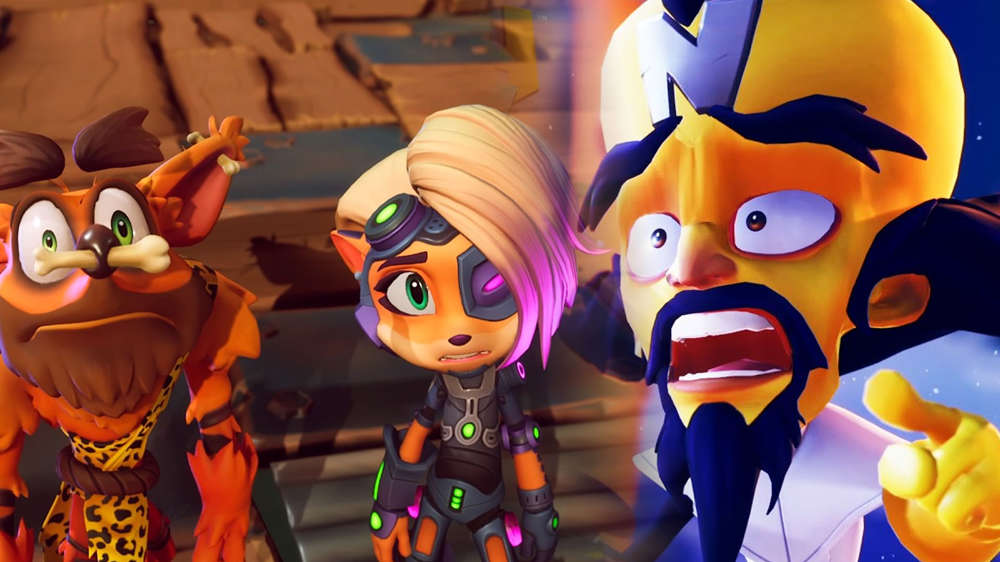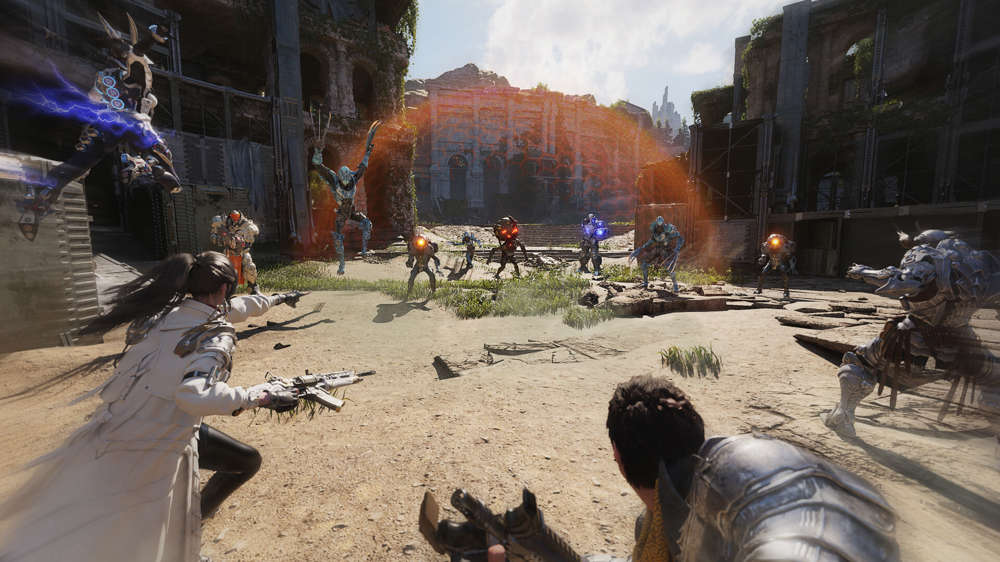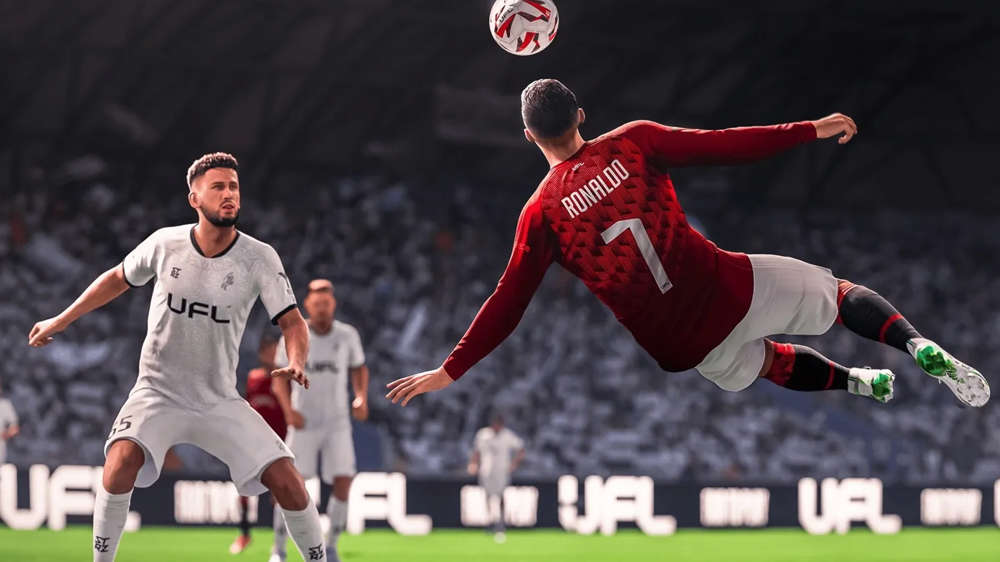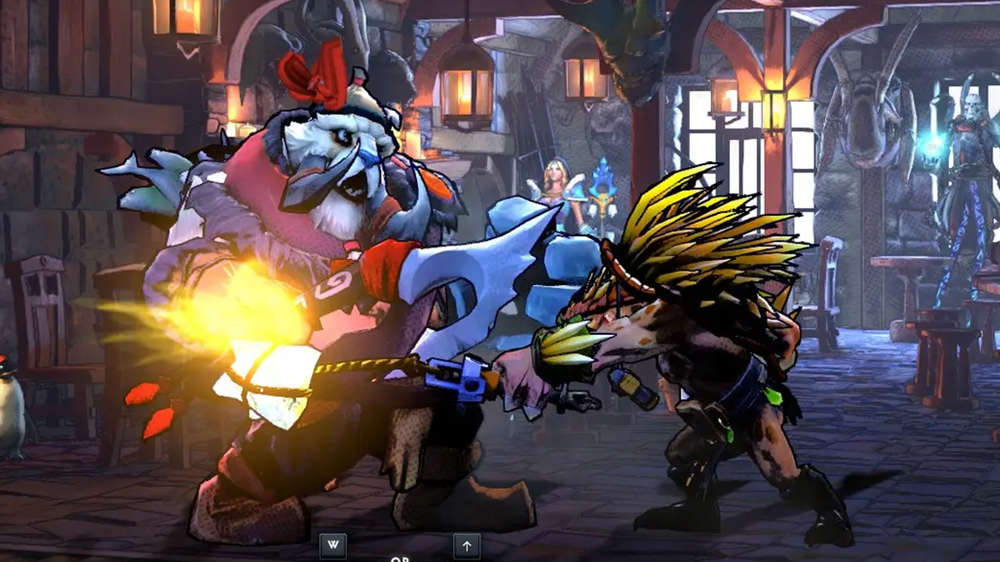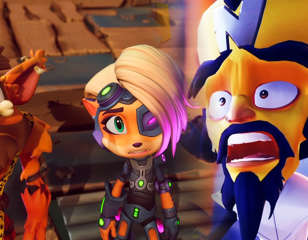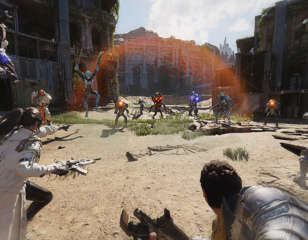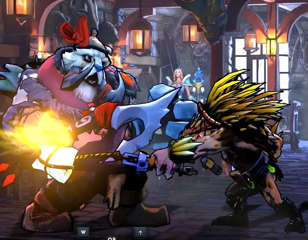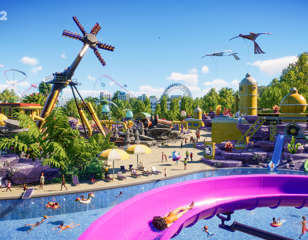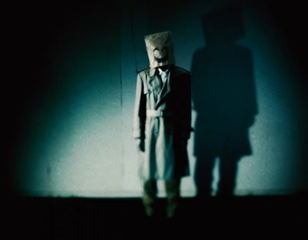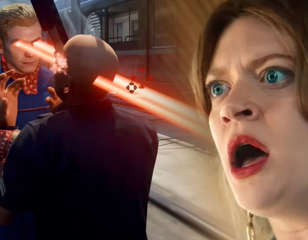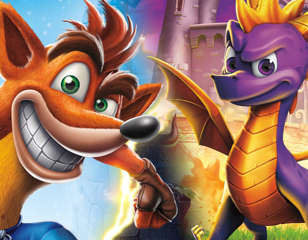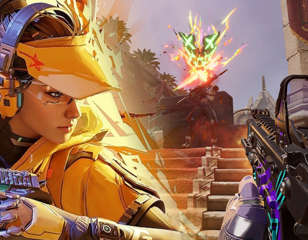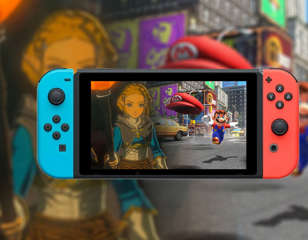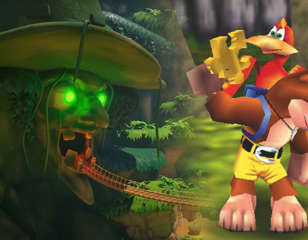Some Indie Games Aren’t Indie Games Anymore. Good
The world of indie games is changing, but that's a good thing. Because indies could be gearing up to be bigger and better than ever before.

Joseph Kime
14th Jun 2021 13:54
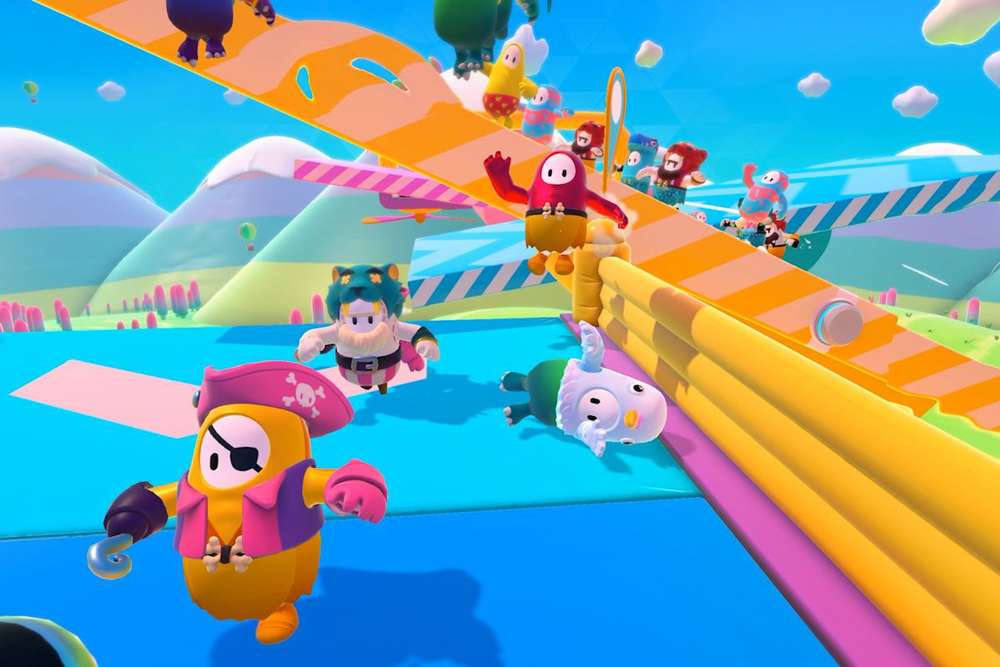
Indie games as a category are the sole reason anyone is still interested in producing games. With the huge outpourings of the biggest AAA studios and developers, it’s easy to forget that behind these immense gaming experiences are real people, with great talent that bring incredible stories to life.
Crunch and toxic work environments have a habit of appearing in studios like these, all in favour of producing a game they can sell incrementally under the micro-transaction laden world that we’ve all taken as standard for the industry. Indie games are different.

Serving as a tonic to the towering giants of games that churn games out like a factory fuelled by the souls of hard-working developers, many indie studios are the opposite of what we know in game production. Some of the greatest games of the 21st century have been accomplished by minute studios, powered by passion and love - rather than bile and toxicity. The likes of Celeste, Shovel Knight, and Night in the Woods were incredible gaming accomplishments for their own reasons and proved that games don’t have to be made by teams of hundreds or be subjected to a workplace that shovels its talent’s hearts into the studio’s furnace for continued production to prosper.
Hell, even last year’s Hades swept games awards with ease, beating out titans like The Last of Us Part II for Game of the Year awards with a team of only 20. Of course, these dream-success games aren’t free of their toxic figures (Notch and Scott Cawthon jump to mind), but poor attitudes aren’t symptoms of production here.

Aside from toxicity, larger studios simply make very different games. Whether it be money or creative freedom, you’ll be able to tell when you’re playing a game by EA, and you’ll be able to tell when you’re playing a Concerned Ape game. But it looks like some studios are jumping ship - purposefully or not.
The Great Transition
Trending games took an incredible leap in 2020, with the COVID-19 pandemic pinning players indoors looking for anything to do. This is where harmony between player and developer was struck like no other time period, as games became an escape from reality with even more significance this time around. Phasmophobia was exhilarating groups of ghost hunters, Spelunky 2 was perfect exploratory escapism, and Among Us continued to sweep the cultural diaspora, as anyone who’s been on the internet at any point in the last year can attest.

But it was a particular success for one studio, which seemed to clamber the hype pile-up of 2020 and wear the “dead game” title as a badge of honour.
Mediatonic, the developers of indie celebrity Fall Guys, has fallen to success. The game was an instant hit, and after four huge contracts fell through for the company and threatened its future, Fall Guys was the bean to pick the team up again. Its cultural draw was a sonic boom in the games industry, absorbing Twitch schedules and managing huge pop culture cosmetic crossovers with the likes of Godzilla, Team Fortress, and now following its announcement at E3, Nier: Automata. The game’s success has brought the studio upwards of $245 million in revenue, and has allowed them to spread out across Europe with studios in London, Leamington, Brighton and Madrid. The studio has grown exponentially - so can they be called “indie” any more?

In many cases, it doesn’t matter. Because Mediatonic’s story is one of ultimate success in the eyes of many budding game developers, and serve as the inspiration for the next generation of those who are willing to build games from the ground up, their existence as proof that there’s an alternative to chaotic and slipshod management. The company were even voted as one of the best companies in the world to work for, if any more convincing that the company are leading the charge of positive gaming work environments was required.
While monstrous success has enabled the likes of developers of Minecraft and Five Nights At Freddy’s, Mediatonic’s success exemplifies that games do not rest on 60-hour work weeks and production lockjaw in as recently as 2020.
The Future Of Indies
For many developers, Mediatonic’s is not the success story that is used as an influence at all; humble titles like Stardew Valley and A Short Hike are defined by their low-budget production and the love and attention of one developer. But for teams who want to make it big, the Fall Guys success story is one that’s nigh-on impossible to ignore.

The dream of building one’s own gaming studio from the stumps is possible in an industry still dripping in microtransactions, late nights, and immense stress without holding your staff hostage.
Imagine we get a few more Mediatonics - huge successes in the face of adversity that can grow exponentially to the size of the big dogs without forfeiting quality or developer mental health. Then, with those budgets that can rival the likes of EA and Ubisoft, imagine what our smaller developers could do. Offering Celeste’s Matt Makes Games, Shovel Knight’s Yacht Club Games or Slime Rancher’s Monomi Park as much money and staff as they need to make the games they had always wanted to, could genuinely change the face of gaming - a rise of the underdogs that could produce some of the greatest games of the 21st century, and with the help of the likes of new promotional options like YouTube and Twitch personalities, they could reach a similar success to Fall Guys in a snap.

Not only that, but grubby practices that the industry has been guilty of for too long could be scrubbed from gaming entirely. The public consciousness of the gaming community is taking notice of crunch culture, and are much less willing to engage with games that have forced their developers through the wringer. Ratchet & Clank: Rift Apart even directly acknowledged that their game was made without crunch at all, proving that the practices of indie studios are being injected into the veins of the industry. It’s about time those studios themselves got their time in the sun.
There’s no telling where indie titles will go from here, but we can only hope they’re going bigger. With the massive slew of indies announced to launch on Xbox Game Pass on day one at the Xbox and Bethesda E3 conference, it’s clear that big companies are willing to invest in and trust indie titles. And if we’re lucky, it won’t be long until these studios are flourishing as they deserve.
Images via Matt Makes Games | Supergiant Games | Innersloth | Mediatonic | Adamgryu | Monomi Park

About The Author
Joseph Kime
Joseph Kime is the Senior Trending News Journalist for GGRecon from Devon, UK. Before graduating from MarJon University with a degree in Journalism, he started writing music reviews for his own website before writing for the likes of FANDOM, Zavvi and The Digital Fix. He is host of the Big Screen Book Club podcast, and author of Building A Universe, a book that chronicles the history of superhero movies. His favourite games include DOOM (2016), Celeste and Pokemon Emerald.
